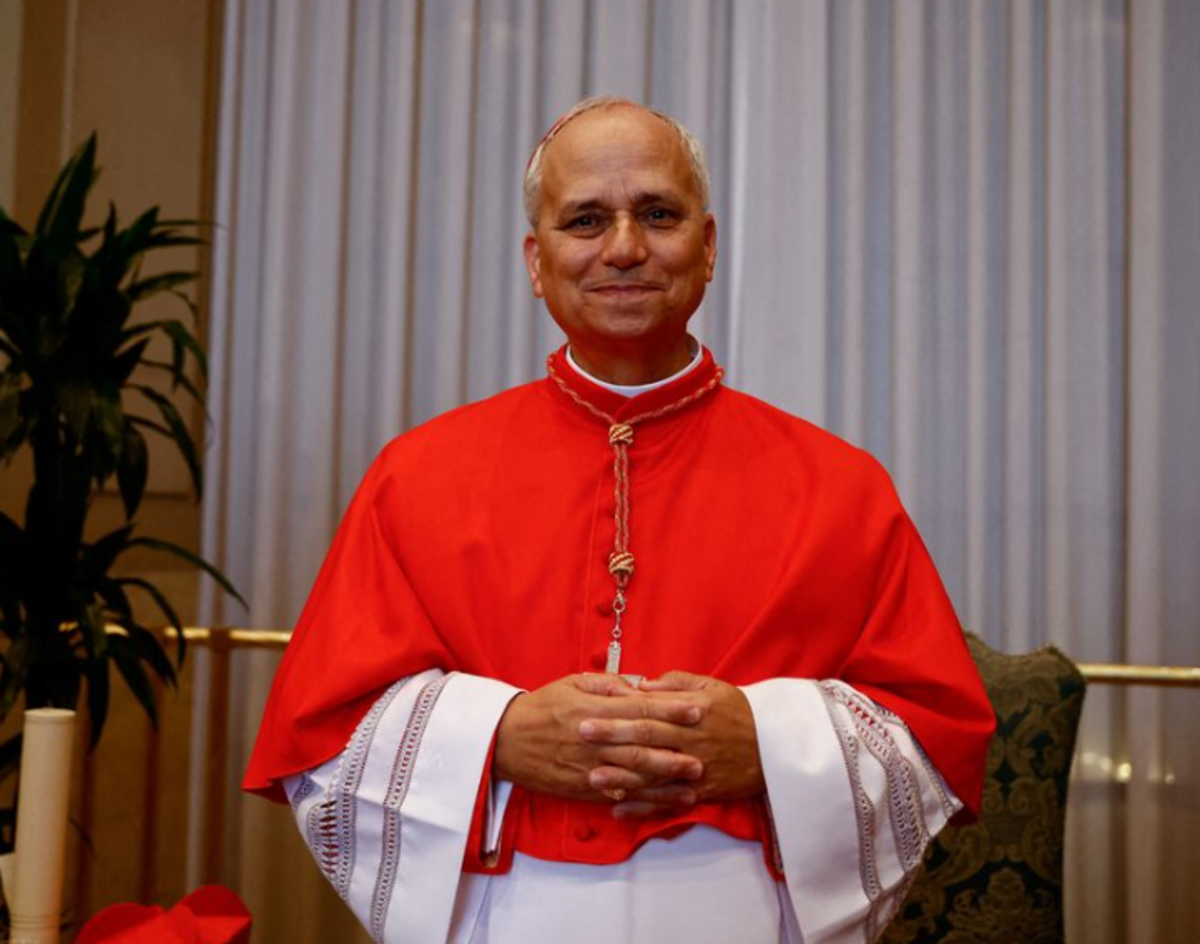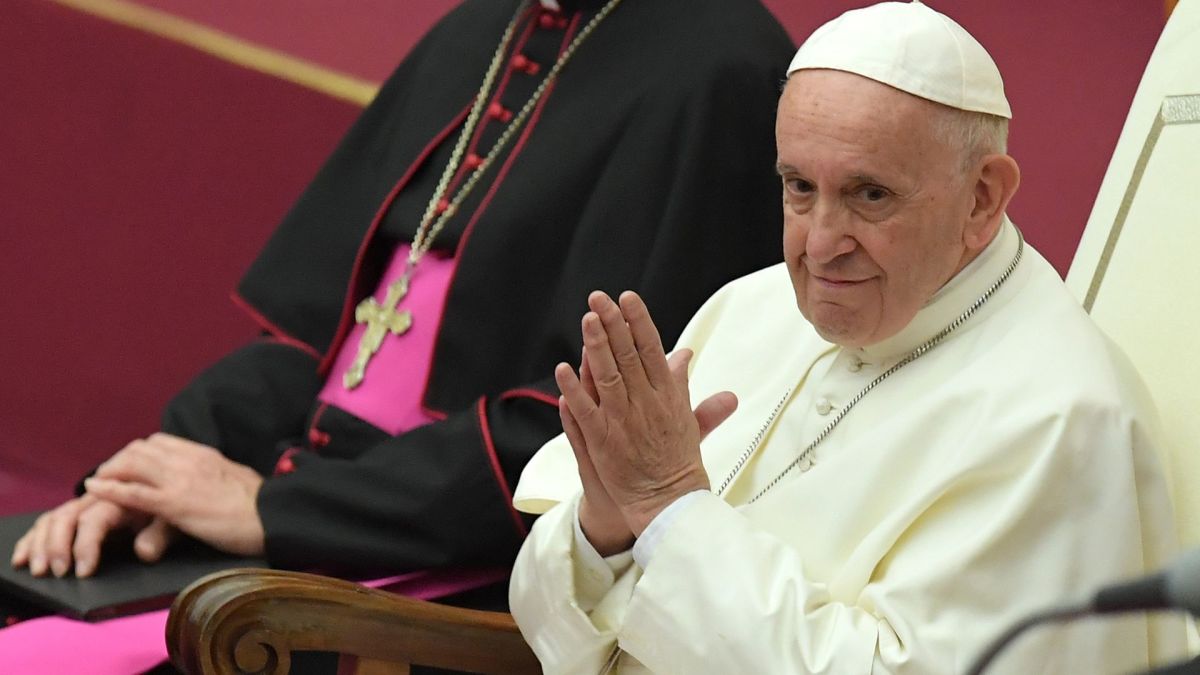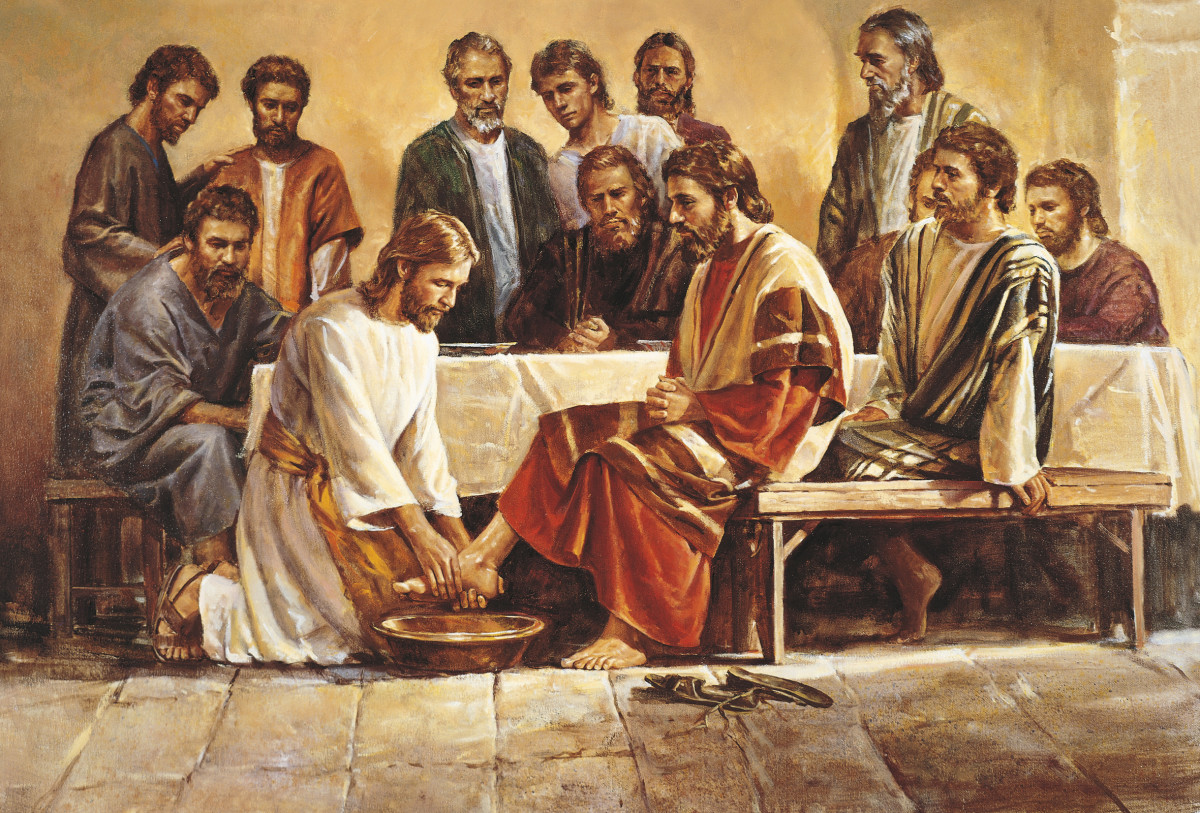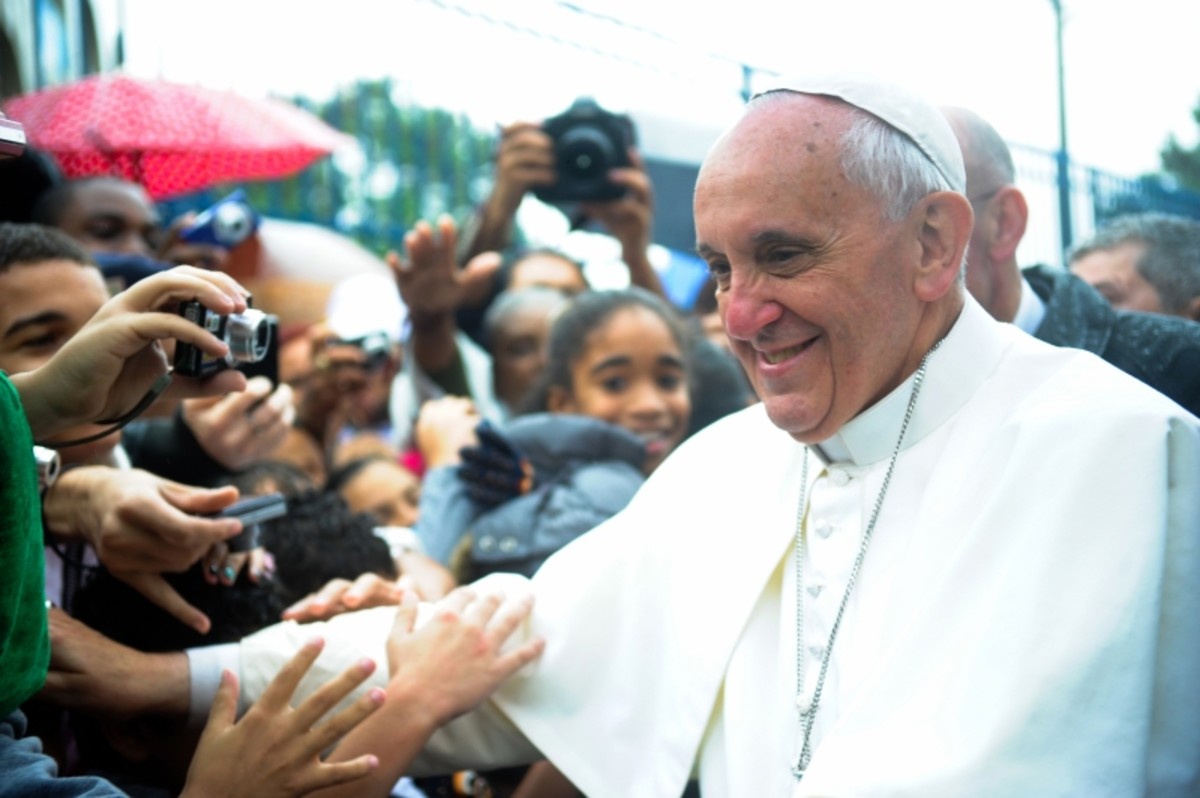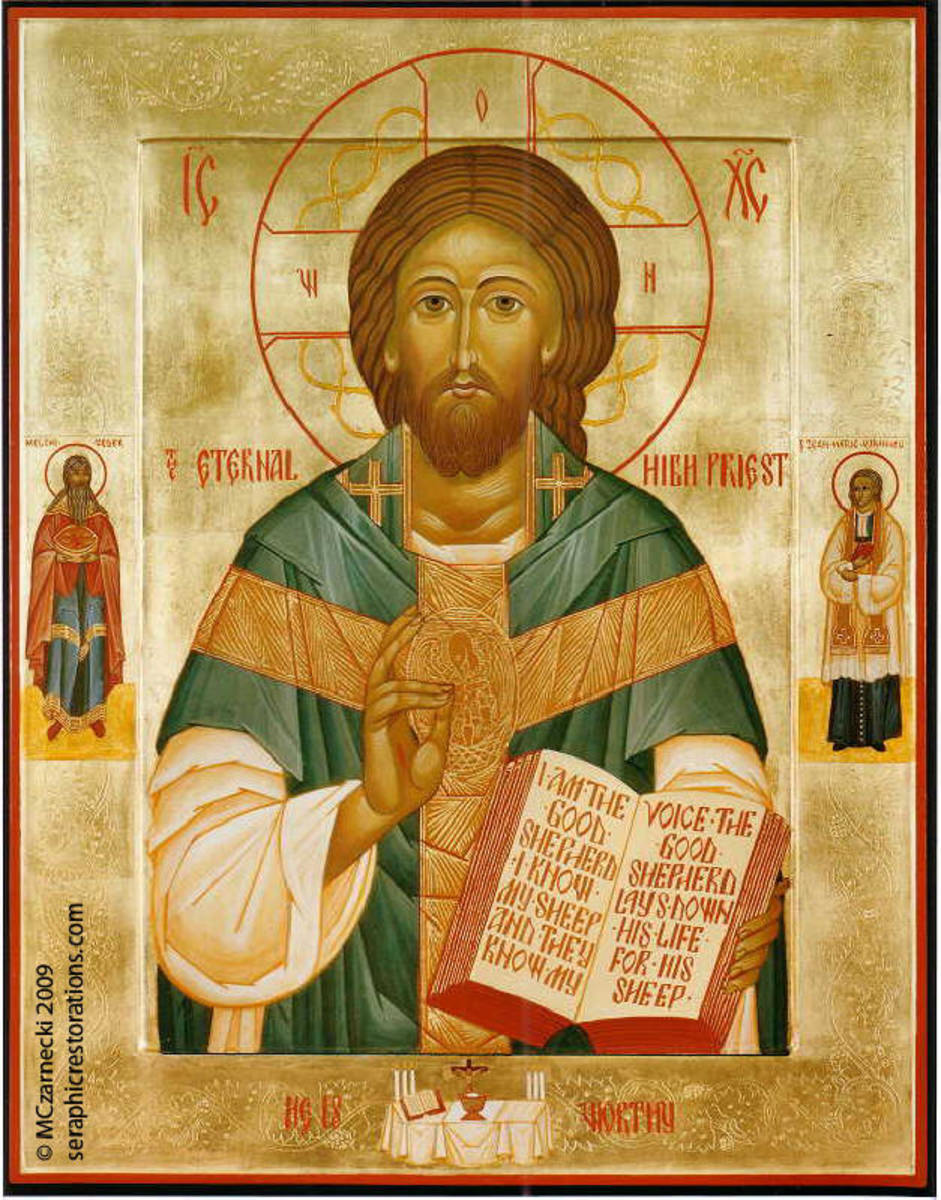Five myths about the Pope you might just believe
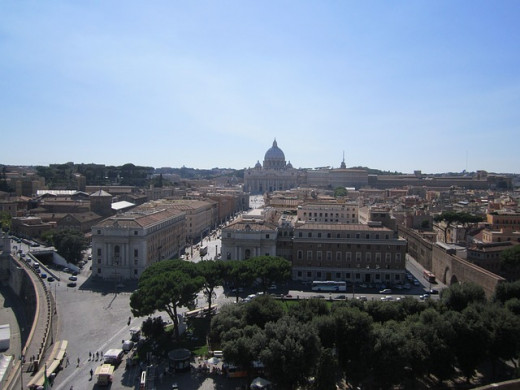
Myths one: everything the Pope says is true
This myth comes from a misunderstanding of papal infallibility. People wrongly believe that anything the Pope says on any subject must be believed by all Catholics however this is simply not the case. Critics of the church try to use this myth to undermine its credibility by pointing out that the Pope has made many mistakes in the past and hence cannot possibly be infallible. Papal infallibility however has always been limited to issues of faith and morals. Never in the churches history has it believed that the Pope could speak infallibly on any subject at any time. Any infallible teaching must be clearly meant to be binding on the whole church and it only applies when the Pope is speaking with the full authority of the church and not simply putting out his own opinion which Pope's do all the time.
Some wrongly believe that for a teaching to be infallible it must be said from the Pope's chair. In the past it's probably true that all theinfallible teachings were made from that chair which is why infallible teachings are often said to be teaching from the seat of Rome. The Pope however is able to make infallible teachings from anywhere as long as he is invoking the full authority of the church. Infallible teachings made outside of Rome carry the same weight as those made from the Pope's chair.
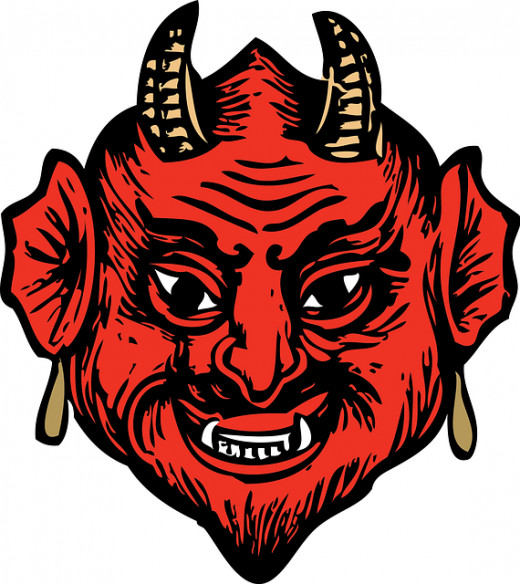
Myth two: the Pope is the great beast from revelation.
In the book of revelation it is said that the name of the great beast will add up to 666. Those who don't like the Pope and don't believe the Catholic Church has authority will often point out that one of the titles of the Pope actually adds up to 666 when you calculate all of the Roman numerals in the title. The title in question is Vicarius Filii Dei (Vicar of the Son of God) and when you do the maths like so 5 (v) + 1 (i) + 100 (c) + 1 (i) + 5 (V) + 1 (i) + 50 (L) + 1 (i) + 1 (i) + 500 (d) + 1 (i) = 666 you do in fact find that the title equals the devil's number.
However this myth has one major flaw and that's that the title which they use to literally demonize the Pope isn't a real title and never has been. The Pope has never been called the vicar of the son of God. The closest title is the vicar of Christ but when you add up the of that title you end up with 214 which doesn't mean much at all. Those who use the title to try and demonize the Pope either haven't done their research or are deliberately trying to mislead people in order to damage the churches credibility.
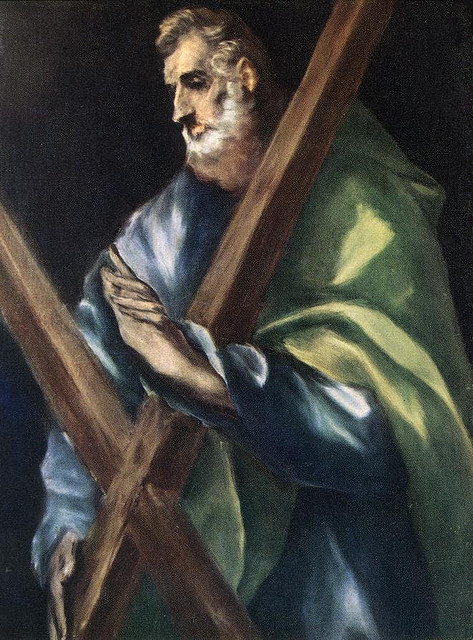
Myth three: The papacy was created in the medieval era and there is no record of such an office before the 13th century.
Many Protestants will argue that the Pope has no real claim to authority because the entire papacy is a relatively recent invention and can be dated back only to the medieval era. They say that the term supreme Pontiff would have been completely foreign to the early Christians and that there is no evidence that other bishops of the time regarded the Pope of Rome as having any more or less authority than they did.
The problem with this myth is that it ignores large amounts of evidence which would suggest that the papal office was known and respected from the very beginning of Christianity. In fact one of the earliest mentions of the papacy that we have comes from Corinthians. In his letter Pope Clement, the Bishop of Rome writes to the Corinthians saying “But if any disobey the words spoken by Him [Christ] through us, let them know that they will involve themselves in sin and no small danger” showing that he clearly believed that he had special authority which was even greater then other Church officials and leaders.
Another example of the Bishop of Rome exercising special authority over other bishops comes towards the end of the second century when there was dispute over when Easter should be celebrated. The then Pope, Victor the first declared that Easter must be celebrated on the first Sunday after the Passover and threatened anyone who disobeyed with excommunication. While there is evidence that some were unhappy with the ruling there is no evidence that anyone challenged his ability to make the ruling or to excommunicate anyone who disobeyed him. This is evidence that other bishops recognized kids authority.
Catholics will also point to the words of Christ when he said on this rock I will build my church when talking to Peter. Clearly Christ meant for Peter which means rock to be the leader of the church and for his office to have superiority over the other offices.

Myth four: in the ninth century there was a female Pope called Pope Joan
The legend goes that a female priests was able to hide her gender all the way through ordination and work her way up through the ranks to eventually become the leader of the church. An amazing feat considering women were strictly forbidden from practicing any sort of ministry.
The big issue with this myth is that there simply isn't any evidence of it being true. The earliest references to come up in the 13th century, a full four centuries after the event was meant to have occurred. Such a major deception would have references to it appearing much earlier in history. The other problem is that the church keeps really good records and hence if there was a Pope Joan there would at least be a gap in the record somewhere but there isn't. Even if the church tried to cover up their mistake there would still be those who would have made a big deal out of the story and there would be more historical evidence to support it then there is. The fact that there are multiple versions of the same legend depending on the nationality of who is telling the story also makes most believe that the story is fiction rather than fact.
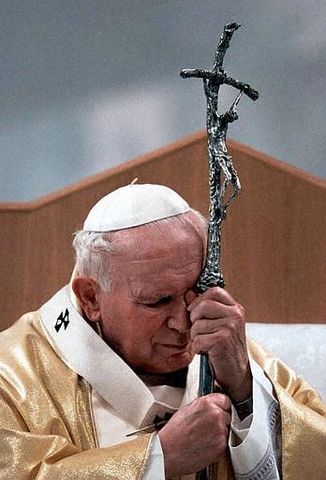
Myth five: The Pope is super wealthy
This is probably the most commonly held belief out of all of the above myths. One of the most common criticisms of the Pope is that he preaches about living in poverty and yet lives in luxury. It is true that the Pope lives very comfortably but that is because the church itself provides those luxuries for him. He actually has no personal wealth unless he has family money. It is true that the Pope is well looked after, but that's because of the same reasons that any political leader or sovereign is well looked after. They need to be able to perform their duties and the best way to allow them to do that is to provide them with a comfortable living. However unlike political leaders the Pope does not receive a salary, does not get a personal pension, and actually has very limited ability to choose how he spends his time.
Being Pope is one of the most demanding jobs in the world with the church needing his attention almost 24/7. So even if he did have expendable income he wouldn't have time to spend it. The bottom line is that calling the Pope super wealthy and comparing him to other super rich billionaires is simply an unfair comparison. The Pope is largely a servant of the people and works day and night to help the church and the global community more broadly. He is not a benevolent dictator who sits in a palace and hoards wealth.

